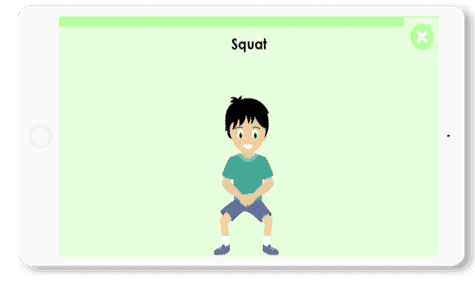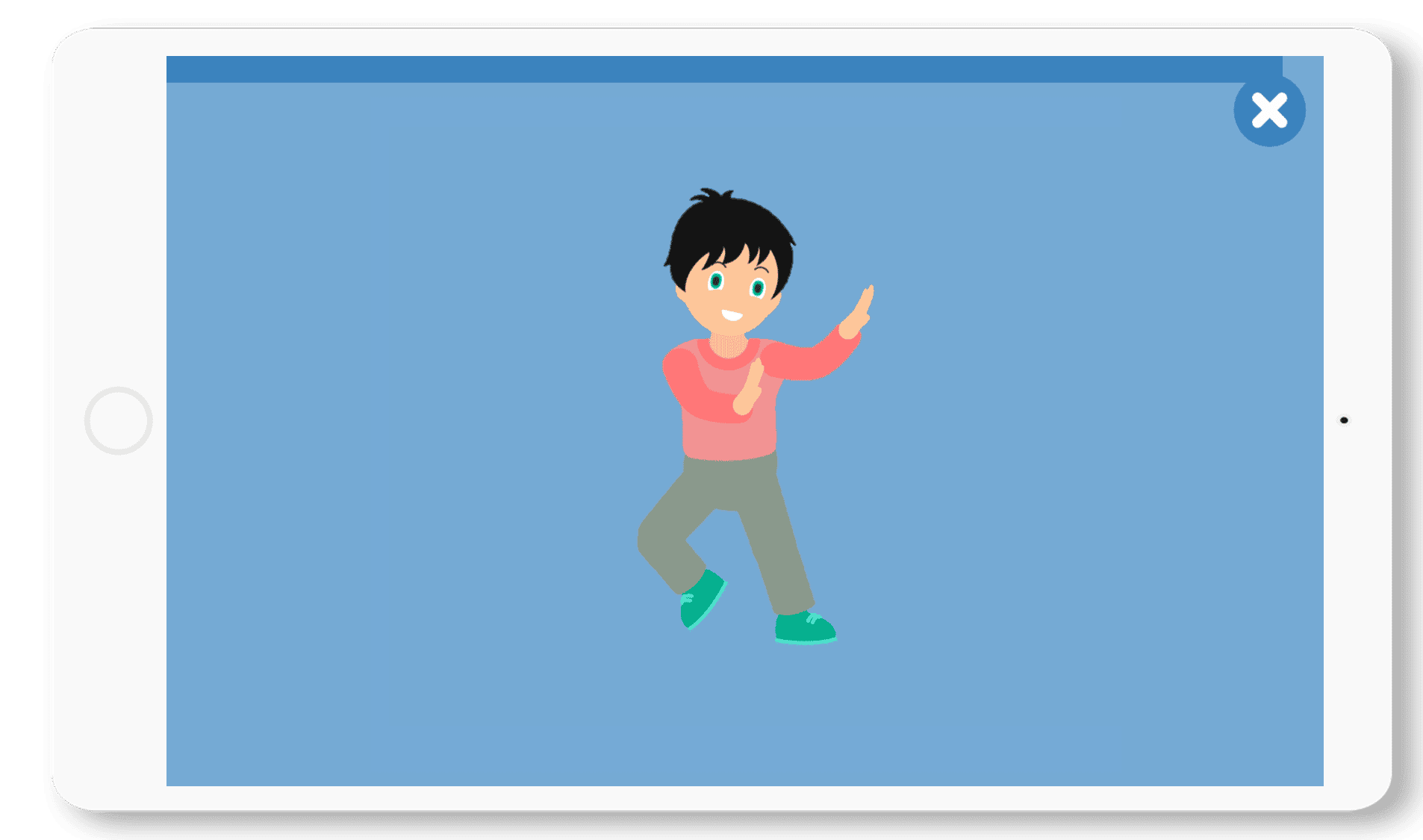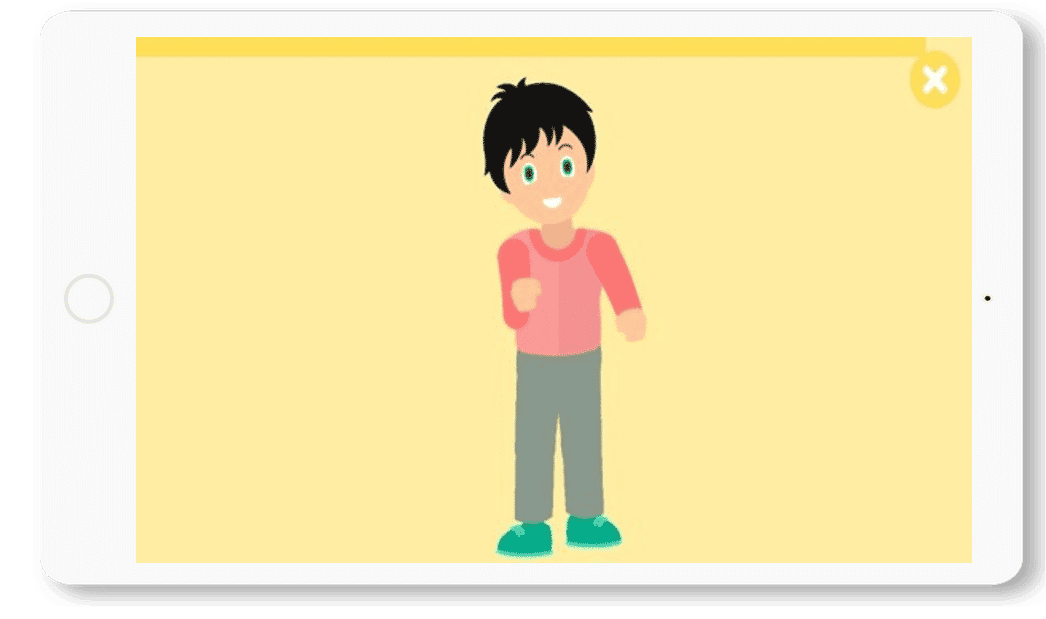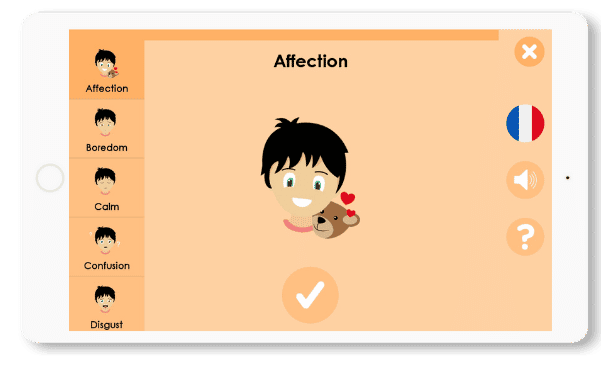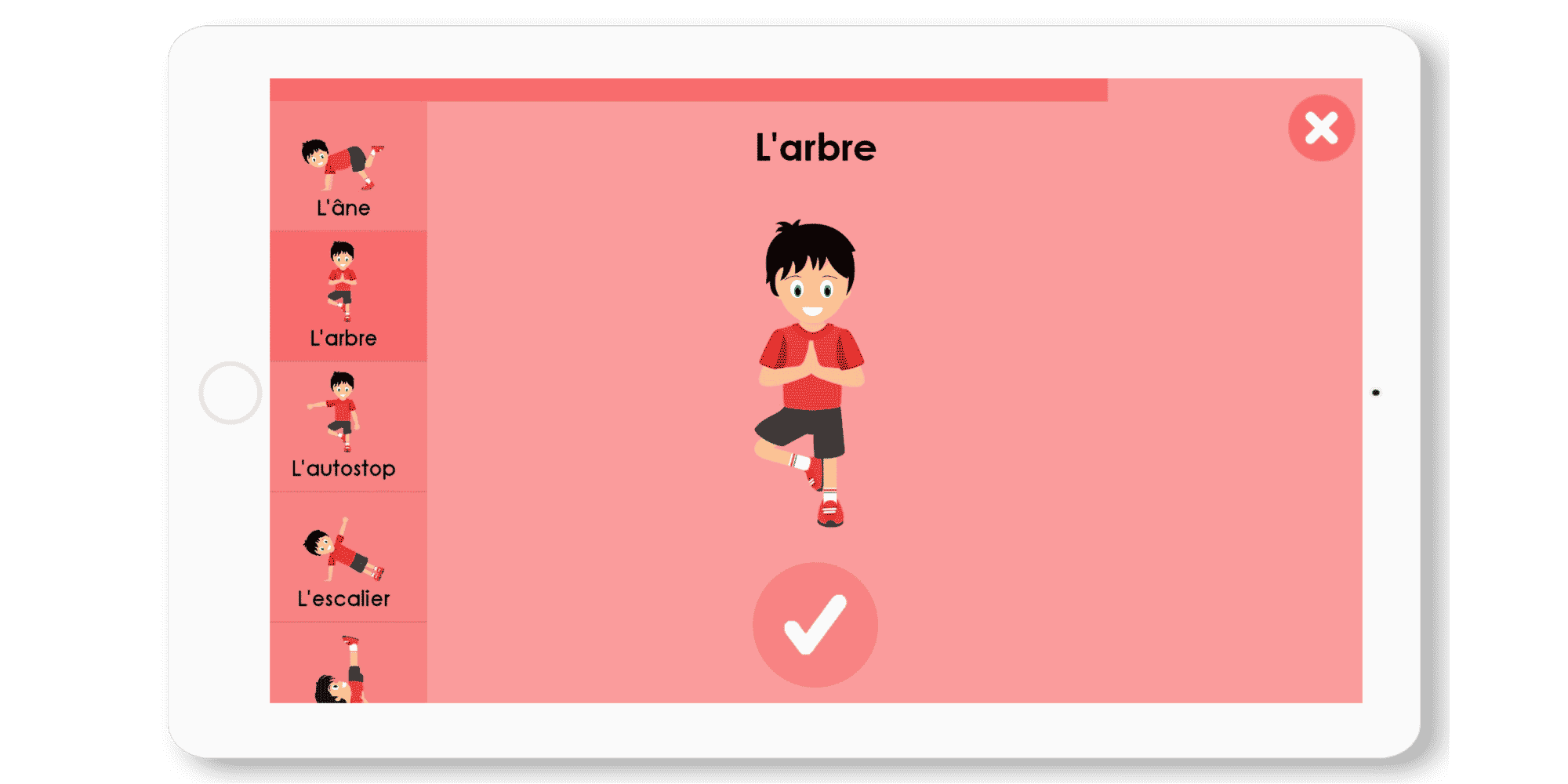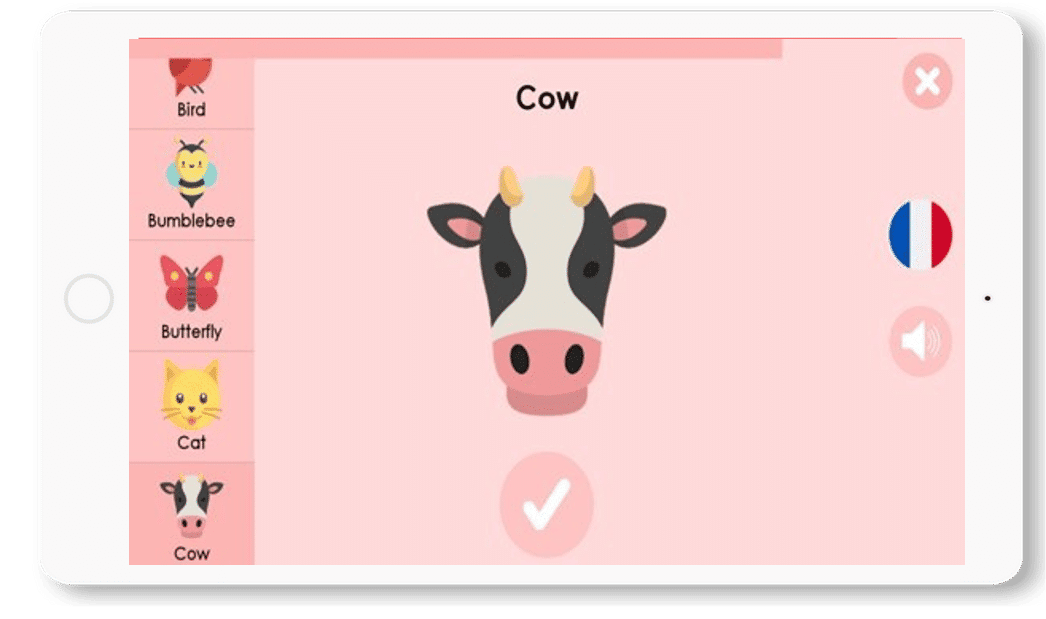Self-confidence is defined as the inner certainty of one’s own worth. There are 3 major periods in the construction of a child’s self-confidence. These are: the acquisition to walking, the Oedipus period and adolescence. Fortunately, parents can promote children’s self-confidence through simple gestures. A good self-esteem is necessary for a harmonious development of abilities.
Confidence and relaxation
Relaxation can be an important factor in building your child’s self-confidence. When your child is upset, it is not uncommon for his or her confidence to decrease. To counteract this, you can set aside some quiet time for breathing exercises or play relaxing music. Ideally, you should do these exercises before going to sleep. This way, your child will be calmer at bedtime and more focused during his daily activities.
Doing autosuggestion
Autosuggestion is the fact of repeating something to yourself enough that you end up believing it and it becomes true. It is a variant of the placebo effect. How to use it with your child? Every morning, in front of the mirror for example, ask your child to compliment themselves and to repeat about ten times: “Day after day, I am becoming more and more confident and happy”. You may be skeptical, but do the test for 15 days and then you can judge the results. It is a psychological process that works for young and old alike.
Establish rituals
Establishing rituals can be a great idea to boost your children’s confidence. For example, you can set up a success notebook. Every day you can write down your child’s successes. You can also try to visualize your child’s successes by drawing or writing them down, for example. Visualizing how they would face a difficult situation would allow them to exchange with you to better face these situations. You can also try to ask them during meals to tell you about their day, including successes, failures, satisfactions or disappointments. It is important to ask your child to tell you something positive that happened during the day. This will give your child a positive view of themselves and a sense of accomplishment.
Giving responsibility to your child
It is important to note that self-confidence means feeling capable of doing certain things. Of course, children need to do some things on their own. Some parents like to do many things for their children. This can undermine their confidence. The child can learn to overcome difficulties on his own. However, it is important to give your child age-appropriate responsibilities. This way, you are teaching your child to become independent. You should also think about providing a living environment where your child can develop in complete safety. Giving them responsibilities will allow them to feel responsible and above all you will be able to prove them that you believe in them. Thus, with this feeling of responsibility will allow them to develop their self-confidence. Do not hesitate to give them time to help them solve their failures while accompanying them.
You may also want to consider asking your child for input so that they can come up with one or more solutions. For example, if you are planning to have ice cream for dessert, ask them what additional utensils should be placed on the dining table.
Helping your children overcome their complexes
A child may lose confidence because of certain defects. For example, they may have floppy ears or a short stature. What can the parent do in this case? As a parent, use famous people as examples to boost their confidence. For best results, use celebrities with the same disability as your child. Praise the success of these people. It is also important to note that parents’ self-esteem is very important. That is why you should not hesitate to share your experiences and challenges. Every child should feel safe regardless of the educational rules. Reduce the rules of conduct if they are too many.
It is very important to consider what your child tells you and listen to them. What they think and do should be considered important, even if it doesn’t seem like much to you.
Avoid multi-tasking
To boost your child’s confidence, it is important not to set them up for failure. Of course, failure sometimes allows you to learn from your mistakes and boost your skills. However, multi-tasking is a problem. Since young children sometimes have difficulty concentrating, your child will have difficulty completing all the tasks required. Even if it takes a long time to complete a task, it is best to keep it to a single task so that your child does not feel overloaded and is able to complete the task at its best.
Vary the activities
It is important for your child to vary their activities during the week and especially on weekends. Having your child participate in different activities, both sports and non-sports, will allow them to work on their skills in a variety of situations. They will also be able to adapt their different skills and gain confidence in themselves. The objective here is to put them in front of difficulties that they will be able to solve by themselves of course. Challenging oneself is a good thing for self-confidence, it’s the same in sports.
Don’t try to make your child not make mistakes. Again, try to let your child solve problems on their own, unless of course the situation is dangerous for them or others. The child should not feel dependent on others, as this is bad for their self-confidence. By being a little independent from a young age, the child will be able to
Things to avoid
Self-esteem can take a hit with public criticism. Therefore, avoid criticizing or humiliating your child in public. Also, avoid comparing your child to others. However, you can encourage your child in the right way to acknowledge mistakes. Help them to correct their mistakes. On the other hand, don’t hesitate to praise his qualities and progress. For example, you can help me with the success journal method. In fact, each day, the child will have to write down in a notebook the things he is happy to have and his successes of the day.
Register the child in a sport activity
Sport has many benefits for the body. It also helps boost self-confidence if practiced under the right conditions. In this case, you are allowing your child to take their first steps into the world outside the family. Many toddlers have gained confidence by participating in sports. There are a variety of sports to choose from. Soccer, karate, volleyball… Offer them a sport activity considering their preferences. Artistic activities are also welcome. Dance for example is a good option. You can find dance activities in the Coco application! With Coco, discover games to practice sports at home while having fun. It’s a great way to learn a lot of things at the same time, what better way to gain self-confidence?
AN EDUCATIONAL AND PHYSICAL PROGRAM
Note that it is also possible to use the app with sports activities, to adapt the games to your child. Personalize his experience and teach him to concentrate.
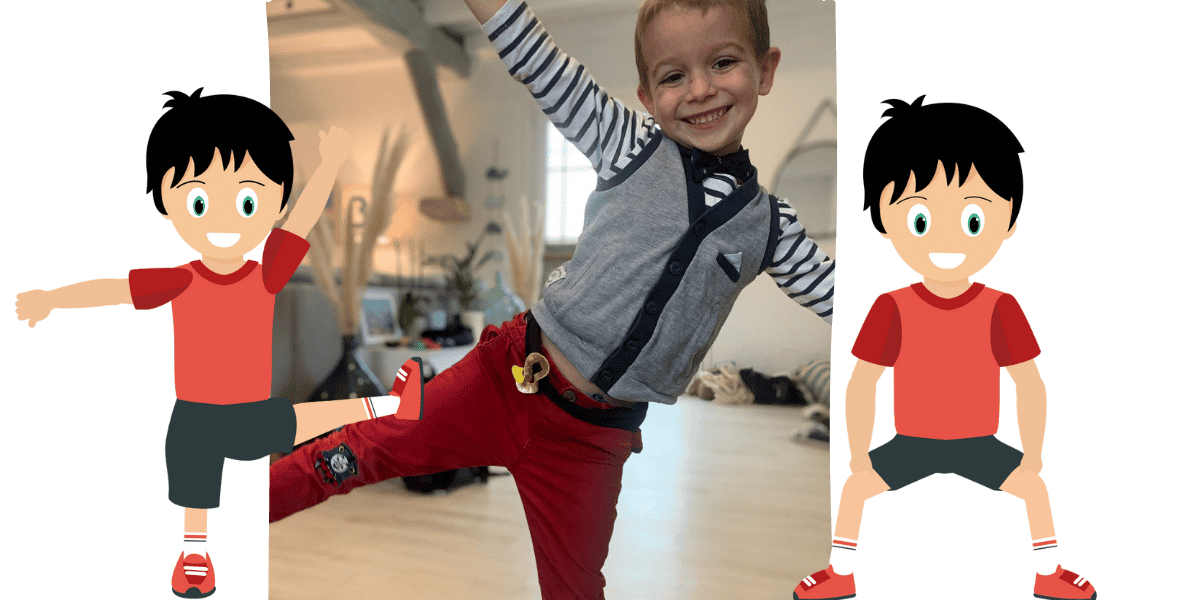
COCO MOVES’ PHYSICAL GAMES
